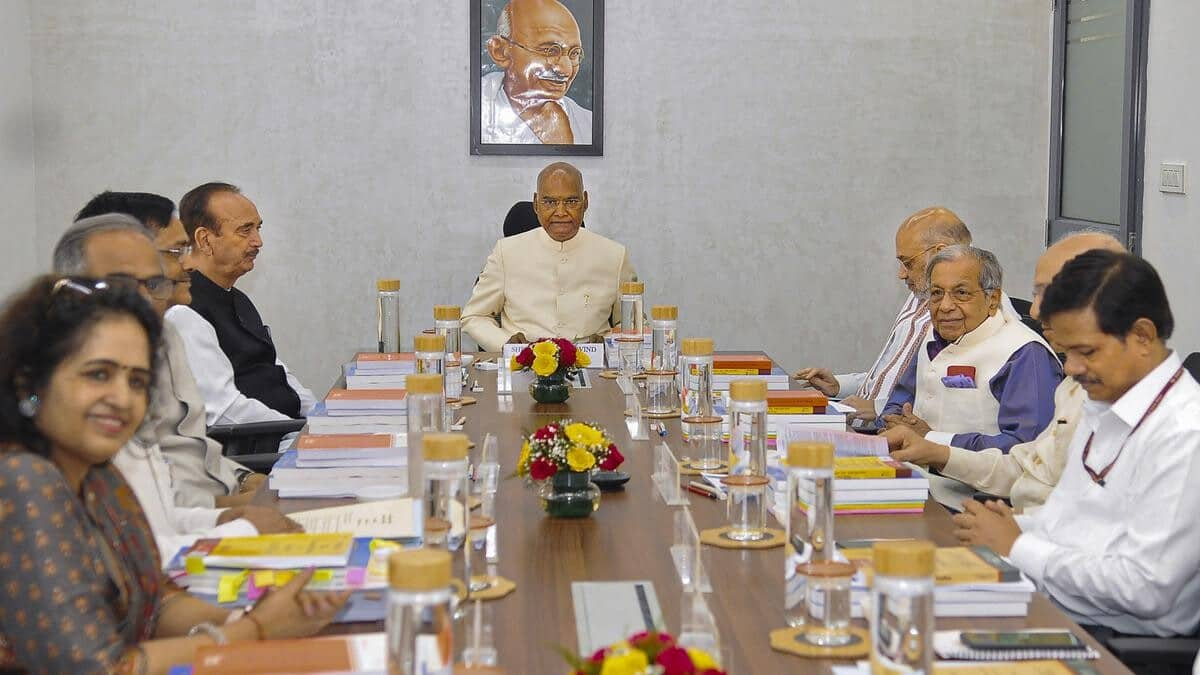
31-member committee, 90-day term—All about 'One Nation, One Election' panel
What's the story
The Constitution (129th) Amendment Bill, which seeks simultaneous federal and state elections in India, will be examined by a joint parliamentary committee (JPC) of up to 31 members. The bill was tabled in the Lok Sabha by Law Minister Arjun Ram Meghwal and was backed by 269 MPs and opposed by 198 in a division vote. The JPC will have representatives from both the Lok Sabha and Rajya Sabha, and its composition will be finalized within 48 hours.
Committee mandate
JPC's role and timeline in reviewing election bill
The JPC is likely to submit its report in 90 days, a period that can be extended if required. The committee will consult various stakeholders, including MPs not on the committee, legal experts, and former Election Commission of India members. If ratified by states, the Election Commission would manage simultaneous elections. The Bharatiya Janata Party (BJP) plans to consult all Assembly Speakers and seek public feedback on this proposal.
Political debate
'One Nation, One Election' concept faces opposition
The "One Nation, One Election" concept has drawn criticism from opposition parties who see it as a threat to India's federal structure. Congress MP Manish Tewari argued the bill undermines state governance and grassroots democracy. Other opposition leaders have raised concerns over possible dictatorship risks and financial burdens on the ECI due to this proposal.
Political backing
BJP allies express support for simultaneous elections
Despite opposition, some BJP allies have supported the bill. Andhra Pradesh's Telugu Desam Party lauded simultaneous elections for bringing clarity in governance. The Eknath Shinde-led Shiv Sena faction also supported this proposal. The JPC will hold wider consultations before finalizing its report on this major electoral reform proposal, which seeks to synchronize Lok Sabha and Assembly elections across the country.